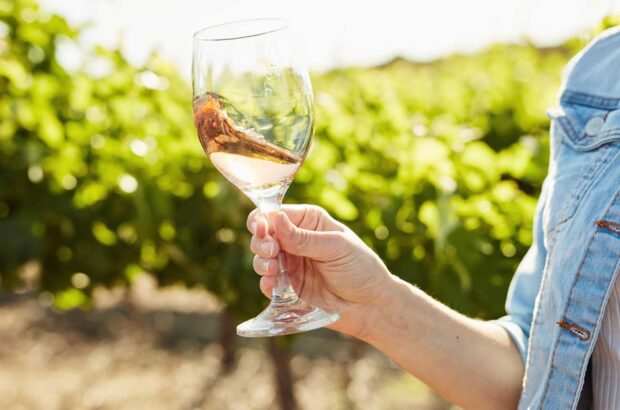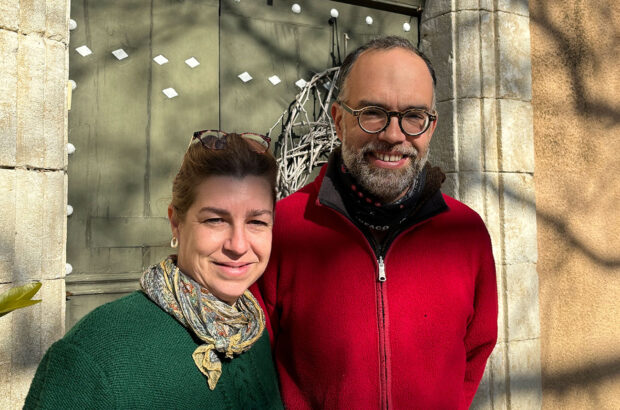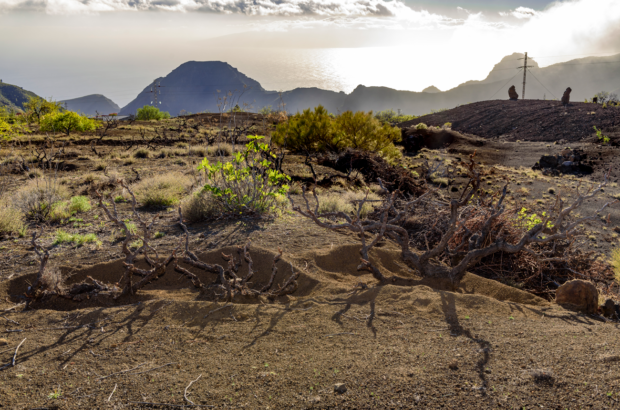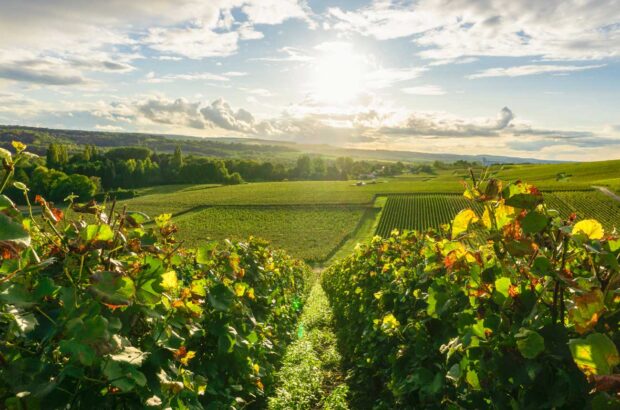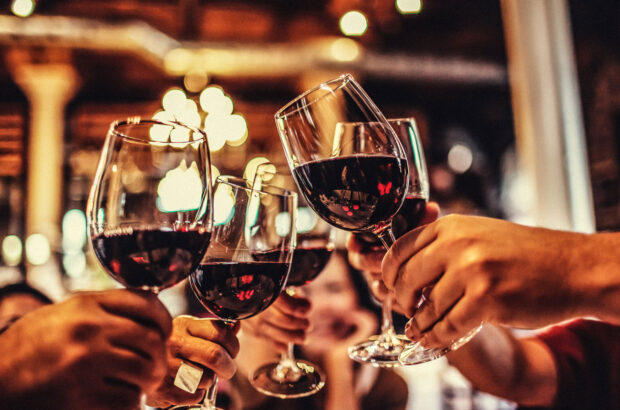Shortly after moving to France, I remember chatting to a Rhone wine producer about some minor issue, and hearing her say "Oui, mais on n'a pas le droit" (yes, but we don’t have the right to do that). End of conversational thread.
A couple of months later, I was mildly depressed to discover that “On n’a pas le droit” was one of the first phrases my eldest son had picked up at the Ecole Maternelle in our village. He’s moved up to the Ecole Primaire now, and is still trotting it out. Either that, or “Papa, c’est interdit” (Dad, it’s forbidden). Eyes wide, mouth set. Full stop.
In most countries, you’d then hear someone say “But we do it anyway,” or “So we soon find a way around that”. Those outside France tend to think the French spend all their time finding a way around it, or doing it anyway, but my experience suggests the opposite. Most seem to be cowed by the sense of an implacable state which may or may not be rational, but which must be obeyed at all times (except when on strike – which accounts for the number of strikes in France, often called on childish pretexts).
So I was, I admit, predisposed to like any wine which tore up the rule book as comprehensively as the bottle I have in front of me. Let me translate the front label (which is written entirely in French). “The Eclectic One. An encounter … audacious, original, almost forbidden between three prestigious French appellations. We wanted to make something good without preconceived ideas. Is curiosity an evil failing? Dare to try the Eclectic One and bon voyage in France(s). Vin de France(s), 2009.” It is, in fact, a blend of wines from three châteaux: Gigognan in Châteauneuf du Pape, Fonbadet in Pauillac and Beaupré in Coteaux d’Aix en Provence.
The idea was that of Maxime Double, who both runs Beaupré but also heads up a wine merchant business called Wines Tree, a supplier to the North American ‘membership wholesaler’ Costco (and to Japan Airlines, too). Winestree represents both Gigognan and Fonbadet, so getting hold of the wine wasn’t difficult; indeed the two other partners were enthusiastic about the enterprise. Each wine was domain-fermented, then brought in barriques to Beaupré where, after what Maxime says was “a large number of blending trials,” the final proportions were decided. That blend then married for five months in stainless-steel tanks before bottling.
I thought, in truth, that the wine might be a gimmick, and taste like a muddle. Ten minutes with a glass soon put me right. The scents were enticing; they had a poise and a harmony that I didn’t expect. The palate, meanwhile, was intense, concentrated and dramatic: a southern French symphony with the spicy-chocolate sweetness of southern Châteauneuf stiffened with a little of the dryer rigour of Provence, then lent flesh and meaty freshness by Pauillac. Delicious – and it tasted like a vin de terroir, or rather a vin de terroirs.
The blend, in fact, marries 40% Grenache with the same amount of Cabernet Sauvignon (plus 13% Syrah and a seasoning of Merlot and Cabernet Franc). Cabernet Sauvignon is often a disappointment in the South of France, where conditions are just too harsh and dry to give it flesh and freshness, and there is no Grenache in Bordeaux (“on n’a pas le droit, Papa”). Of course: this is the answer. Hire a truck and buy some diesel. In practice, Maxime says, the Cabernet Sauvignon from his own Provençal domain tasted “more strict and structuring” than the “sweeter, more sauve” Cabernet Sauvignon from Fonbadet in Pauillac. The Syrah from his own domain, however, was “spicier and softer” than the “exuberant” Syrah from Gigognan in Châteauneuf.
It’s probably not quite the French Grange just yet, but it made me realise was there must be a dazzling French Grange out there somewhere, if not several dozen. One day someone will make them.
Our semi-incontinent cat woke me early this morning, and I lay in bed for a while dreaming up some new combinations. Rich Pinot Gris from a great site in Alsace would surely blend superbly with some classy dry Jurançon, full of Manseng tropicality but with that bracing mountain acidity, too. I’d love to taste a synthesis of complex Syrah from Hermitage, with the citrus-scented Syrah from Pic St Loup and lushly fleshy of Syrah from La Clape. Seductive Pomerol Merlot would surely marry beautifully with craggy Madiran Tannat. Moreover, given the welcome flexibility of the Vin de France regulations, “On a le droit …”
Written by Andrew Jefford



